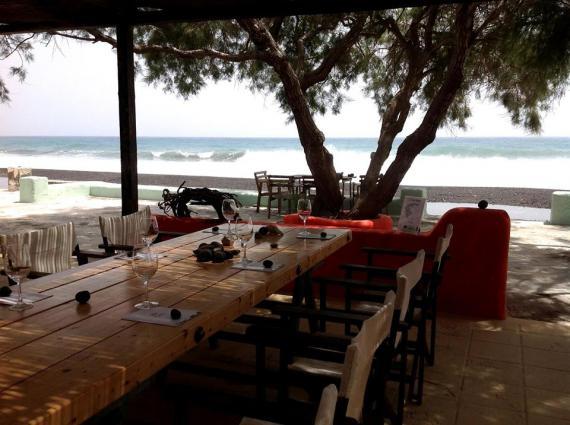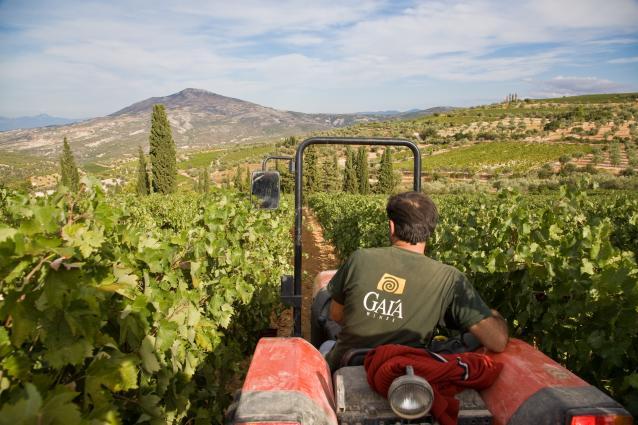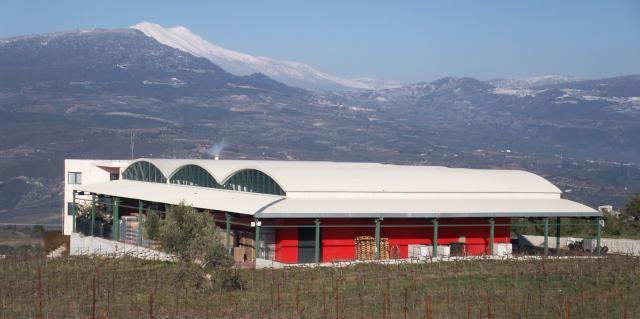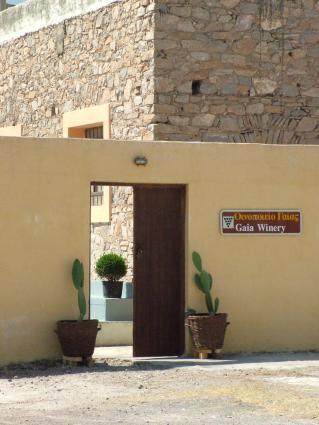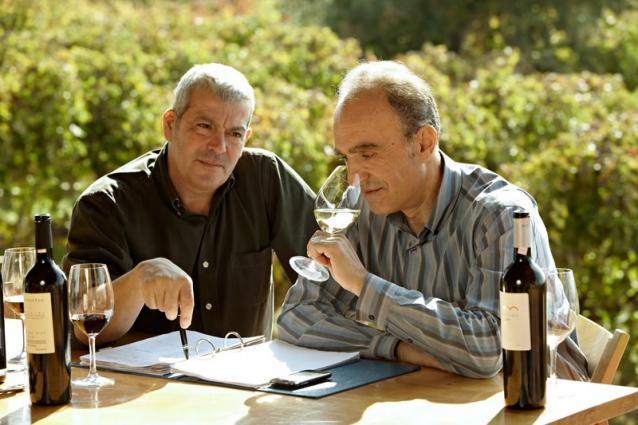GAI'A 4-6h Rosé

Wine Description
One of the pioneers of the modern Greek wine revolution, Gai’a Estate (pronounced Yay-ya) was established in 1994 by Leon Karatsalos and winemaker Yiannis Paraskevopoulos. Their mission was to capture the best that Greece’s indigenous grapes have to offer by merging traditional viticultural and production methods with innovative techniques. The estate is named after “Mother Earth,” in honor of the unique terroir that gives birth to these world-class wines.
 Acclaim
Acclaim
 Vineyard & Production Info
Vineyard & Production Info
 Winemaking & Aging
Winemaking & Aging
 Analytical Data
Analytical Data
 Wine Production
Wine Production
After harvest, the grapes are crushed and placed into stainless steel vats where they undergo a chilled maceration (50°F) for 14-18 hours in order to extract its suberb rosy hue.
 About the Vineyard
About the Vineyard
The grapes for the 14-18h Rosé come from vineyards located on the slopes of the mountainous Koutsi and Asprokampos regions of Nemea, at an altitude of 2,625ft. The climate is considerably cooler at this higher elevation, resulting in grapes with higher acidity and berry fruit aromas, ideal for the production of rosé.


